Acne may seem like a fickle thing – coming and going as it pleases with no rhyme or reason. But as we dig deeper, we begin to see that there are certain factors that produce acne.
Contents
How Lifestyle Affects Acne
-
Sleep More and Stress Less
Late nights may not directly trigger acne, but lack of down-time can certainly be a contributing factor. Sleep deprivation can prompt hormones to overproduce skin cells and oil, clogging pores and causing blemishes. And if you’re constantly stressed out, a good reason to relax is the fact that the body’s response to lack of sleep is similar to the way it deals with anxiety – stress hormones increase oil production.
-
Step Away From the Sugar, Refined Carbs and Dairy
If you’re considering curbing your chocolate bar intake to battle your breakouts, there’s good news. Contrary to popular belief, there appears to be little connection between chocolate and bad skin. Instead, we can point fingers at three other culprits: sugar, refined carbohydrates and dairy products. These can all cause spikes in your insulin level, causing oil-producing glands to go into overdrive.
-
Acne and Makeup – a Love-Hate Relationship

Unfortunately, makeup can often cause acne by clogging pores and not allowing the skin to breathe. We do ourselves no favors by using heavy concealers and foundations to cover up these blemishes, worsening the inflammation. But that doesn’t mean you have to bare your face to the world, makeup-free. You can look for makeup labeled noncomedogenic (non-pore clogging), as well as oil-free or mineral-based makeup to keep your pores clear.
-
Too Much Sun Isn’t a Good Thing
If you’re a sun chaser, always wear sunscreen. Always. Not only do the sun’s rays cause premature aging, and increase wrinkles and pigmented skin, but too much sun exposure can also result in a tan or burn, causing the skin to start shedding more cells. These can build up, blocking pores and leading to breakouts. Plus, sun can further darken the dark spots that healed blemishes often leave behind, causing them to take much longer to disappear permanently.
-
Cleaner isn’t Always Better
If you notice a pimple about to pop out, your first instinct may be to scrub your face with an arsenal of cleansers, hoping to kill it. But gentle cleansing couldn’t be more important. The LUNA mini 2’s soft silicone touch points allow it to cleanse your skin deeply yet gently, and its timer system prevents over cleansing. Excessive cleansing can dry out your face, which may inflame acne, as well as causing your body to compensate by producing more oil.
Even if we are aware of some of the more common causes of acne and act accordingly, some of us still wake up to a face full of zits. Unfortunately, some of the factors that can make us more susceptible to blemishes are beyond our control, but that doesn’t mean there’s nothing we can do to improve the condition of our skin.
Innate Causes of Acne
-
Hormones, Who it Strikes and Why
The most obvious examples of hormonal acne are the acne you get during puberty, menstrual cycles, pregnancy and menopause. Certain hormones stimulate oil production, creating oily skin that is more prone to clogged pores and breakouts. Because teenage boys have more active oil-producing glands, acne tends to strike them the hardest, although acne is a common affliction for both genders.
However, acne tends to affect adult women more, who often can experience acne in their 20s, 30s, 40s, sometimes even in their 50s. This is because estrogen (the female hormone) levels will spike during certain periods in their life: around menstruation, pregnancy, and to a lesser degree, menopause. However adult men may also experience acne due to spikes in androgen (the male hormone) caused by changes in diet, stress or other causes.
-
Genes – A Family Affair

Why does it seem as if some people are just blessed with clear skin? Genes play a big role in the condition of your skin. You can actually inherit the genetic trait to overproduce dead skin cells, then improperly shed them, making you more likely to suffer from acne. There’s nothing you can do about your genes, but taking a look at your parents’ skin should give you a better understanding of your own skin type.
Regardless of what causes your breakouts, there is always hope, and a number of ways to prevent acne from becoming more of an issue further downs the road.
Disclaimer: The information on this website and any related links are for general informational purposes only and should not be considered a substitute for professional advice. Do not use the information on this website for diagnosing or treating any medical or health condition. If you have or suspect you have a medical problem, contact a professional healthcare provider.



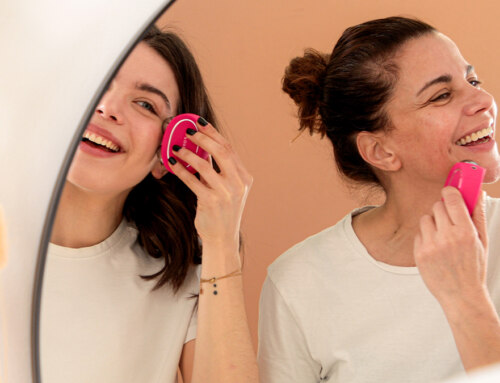
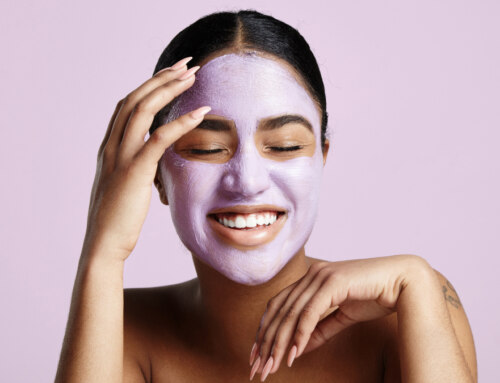
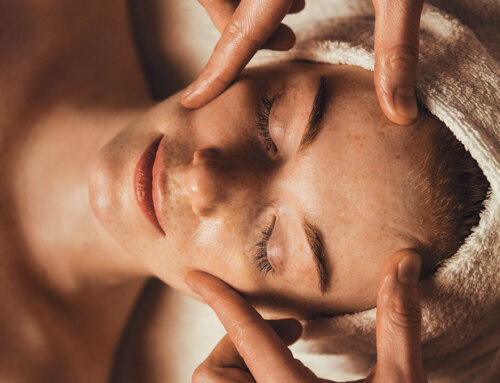

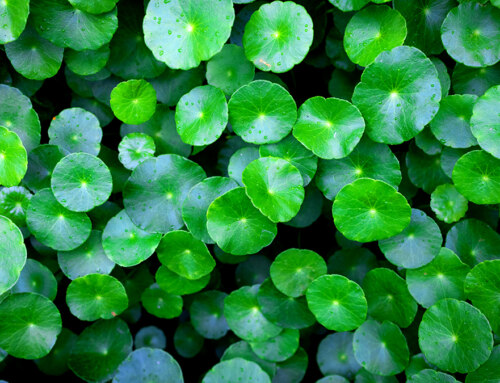
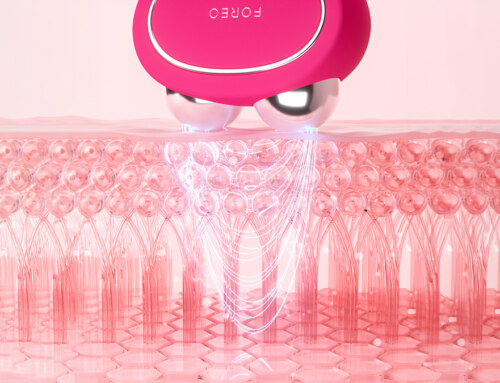

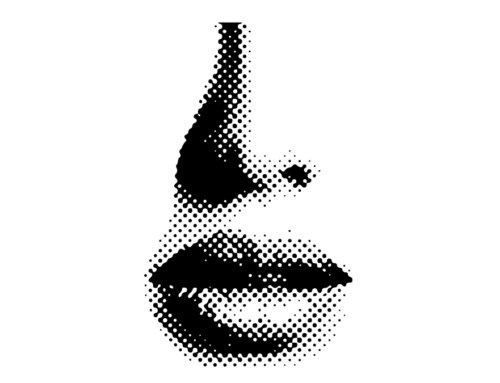
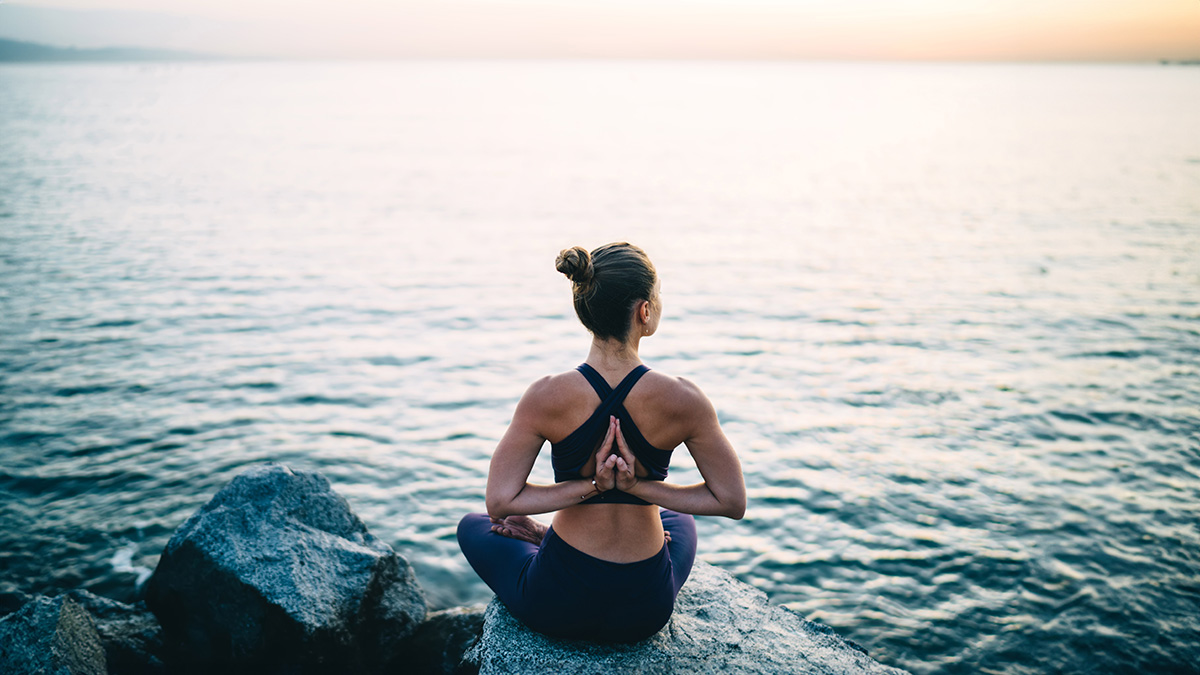



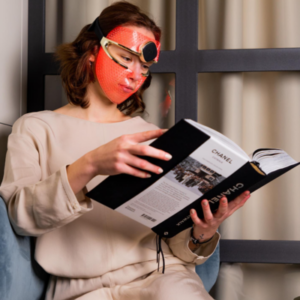
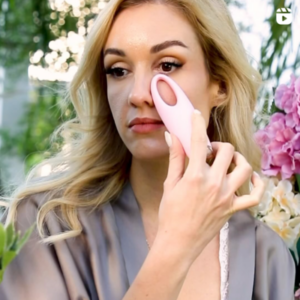

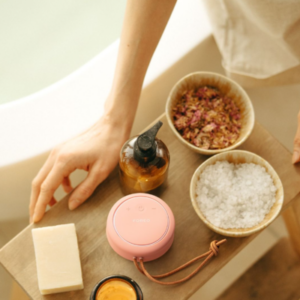
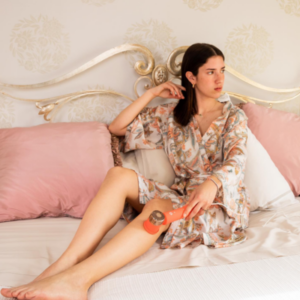
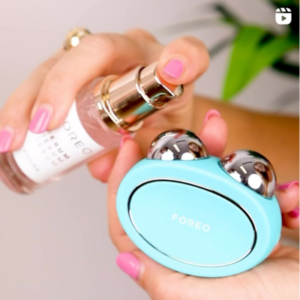
Using D E R M A L M D acne serum I have tried many products for my acne but so far this is one of the best product I have ever used. Now my skin looks totally flawless & acne free. I’m really happy with the results!!
Lack of sleep can really trigger acne as it increases stress and the production of stress-related hormones. Stress acne is more common than we think.
Thank you for posting this. I know how it feels to have acne breakouts, so this is an excellent article for me. I learned a lot. Keep on posting!